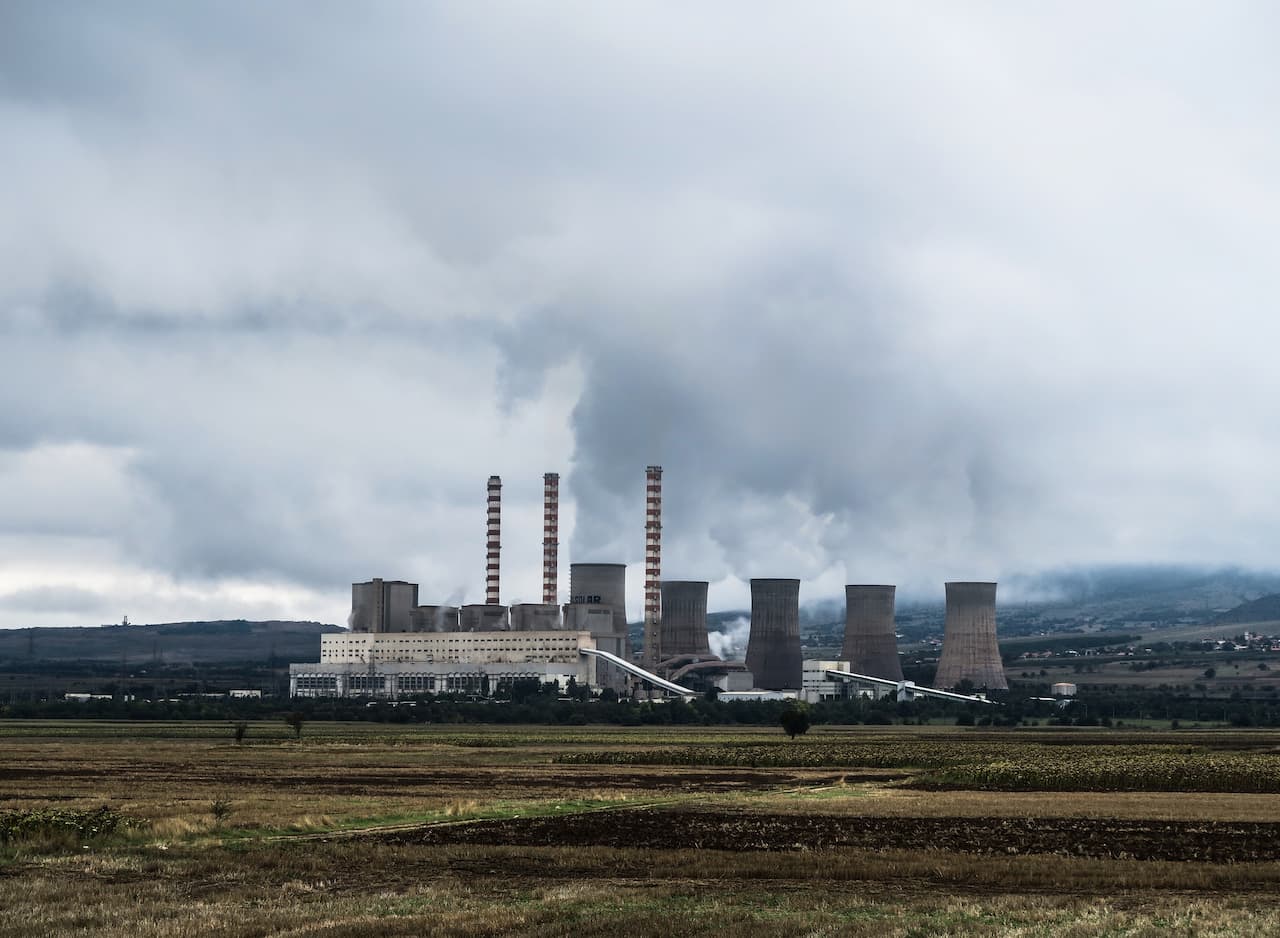This is the most ambitious goal of any industrialized country. However, experts warn: to avoid a climate catastrophe, emissions must be reduced to zero much earlier.
Britain steps up the fight against global warming: outgoing Prime Minister Theresa May has amended the climate law to reduce greenhouse gas emissions to zero by 2050.
The previous goal was much less ambitious – reducing emissions by 80% by the same date. However, May’s bill does not contain specific guidelines for achieving climate neutrality. The authorities may look to recent recommendations from the Climate Change Committee, which include a shift to clean energy and electric vehicles, energy-efficient buildings, large-scale tree planting, and CO2 capture.
Analysts expect parliament to back the bill. If successfully implemented, the UK will become the first major industrial nation to cut emissions to zero.
However, there are a number of pitfalls in the text of the law.
For example, if, five years after its adoption, it turns out that the UK economy is seriously suffering from the reduction of emissions, and other countries have not taken the same ambitious measures, the government has the right to abandon its goals. In addition, Theresa May is leaving her post and will not be responsible for bringing the plan to life.
At the same time, according to new data from climatologists, warming is going faster than expected, so to prevent a climate catastrophe, the whole world needs to accelerate the transition to a carbon-free economy.
An increasing number of countries support the CO2 reduction initiative and are taking action accordingly. So, Tel Aviv plans to ban ordinary cars from 2025, Ireland is going to introduce a ban on the sale of cars with internal combustion engines regardless of the type of fuel from 2030, and Spain from 2040.
As previously reported, Greenpeace International has compiled a map of cities around the world that are abandoning ICE vehicles.








